We are social creatures and need social support. To you, it may be one or more difficult, maybe even awful conversations. But to a survivor, it can be the difference between being trapped in their past or becoming free.
Just nine simple beliefs and actions could make all the difference in either
helping your friends who have been sexually assaulted or raped or actually making the situation worse.
1. Realize sexual assault affects MOST of us, male and female alike.
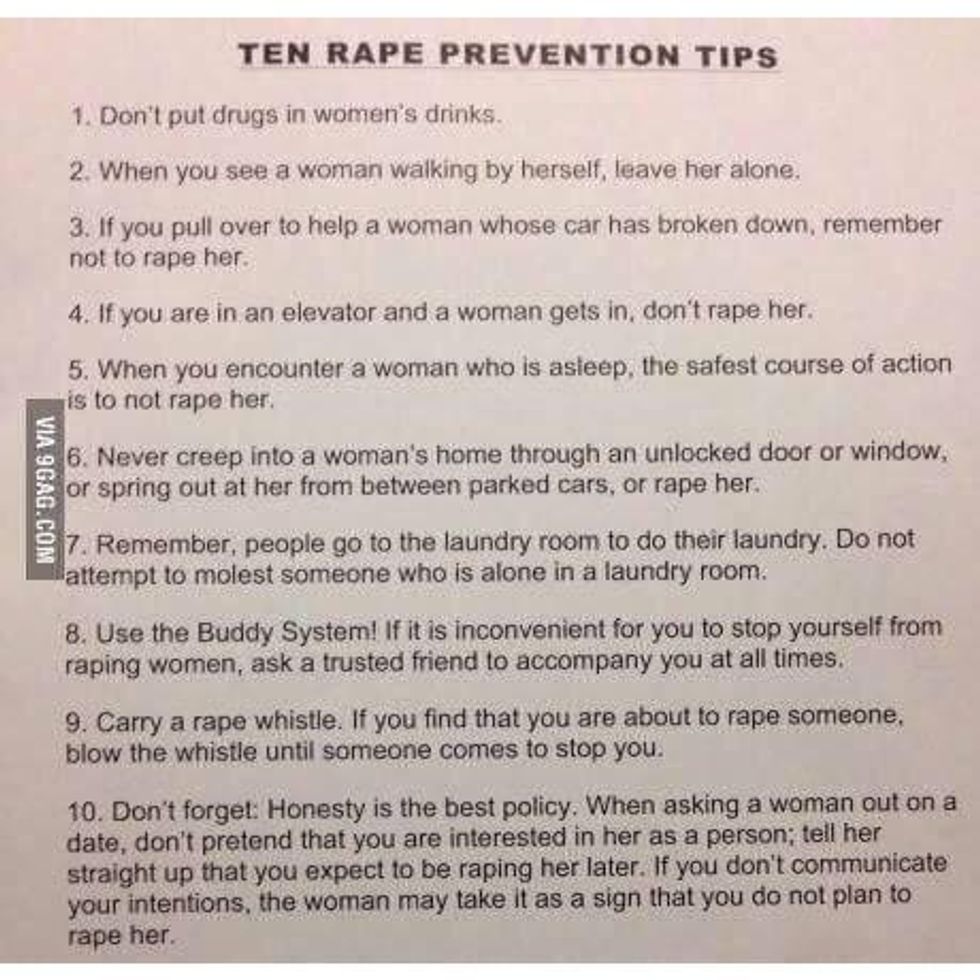
"Don't forget: honesty is the best policy. When asking a woman out on a date, don't pretend that you are interested in her as a person; tell her straight up that you expect to be raping her later. If you don't communicate your intentions, the woman may take it as a sign that you do not plan to rape her."
This is Sarah Silverman's brilliant and controversial tweet of "10 Rape Prevention Tips": a list of how to help men avoid being a rapist. We might laugh at her tongue-in-cheek parody, but we know too many women will be affected by this.
If you are a male who has female friends or female romantic partners and you want to be able to support them should they experience this (in the past or future)*, these suggestions could not be more helpful.
*IMPORTANT note: this is but one facet of an infinitely faceted subject. I am only addressing male violence against females, and how men can help support women. There are SO MANY more issues regarding this: like women supporting women, or women supporting male survivors, etc etc. This article's necessary, but narrow focus, is therefore merely only one piece of a complex puzzle.
2. Understand that helping a survivor isn’t easy.
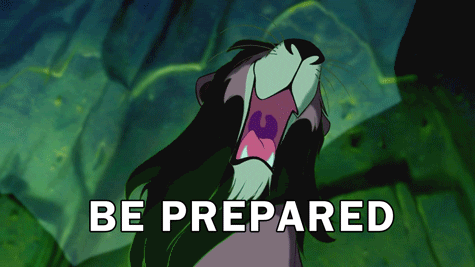
Supporting your sister, girlfriend, or good friend through a traumatic event during or after its occurrence is not easy. It may cost you a lot of emotional effort.
According to a research study focused on sexual assault survivors, that was conducted by Roseann Pluretti and Joseph Chesebro in 2015*, the right support can change a survivor's life. In the study, the researchers found that when a survivor shared her experience with a loved one, his response determined if she would be able to start healing and trusting people again or if the response would cause even more trauma.
*Managing Privacy and the Decision to Disclose: Disclosures of Sexual Victimization
3. Grasp the pervasiveness of the problem.

In America, practically 100% of women have experienced harassment, and many have experienced assault. One out of four women on a college campus have been assaulted or raped. Look around you, at all your female friends. Statistically, many of them have experienced harassment, and some have experienced rape. The vast amount of these rapes will go unreported.
The first step to helping your female friend is for you to understand the only thing that causes rape is a man's willingness to violate the autonomy and body of a woman. It's not her behavior, it's not his sex drive, it's not alcohol. The only common denominator is a man's willingness to disregard a woman's wishes and autonomy. If you don't believe this, you won't be able to truly help your friends, because your words may be influenced by the very same rape culture that led to her trauma.
The second step is that women don't know who their rapists are. We don't know who will sexually assault us. Far worse, the vast majority of women are assaulted by the people they should be able to trust the most: boyfriends, friends, spouses. Rapists don't LOOK like rapists. If you're a man, they look like you. They look like a lab mate asking her to study after class, the funny guy she's been dating for a couple months, even the boyfriend she's been with for three years. Imagine how horrifying it is, that the biggest danger to you are not the people you keep at arm's length--not the people you spend months deciding whether or not to befriend them--not the stranger in the alley--but the people you love and trust more than anyone else. They look like....just men. Any man. There's not a profile.
That's why, if you're a man, every woman's rapist looks like you.
4: Accept responsibility, no matter how unfair it is.
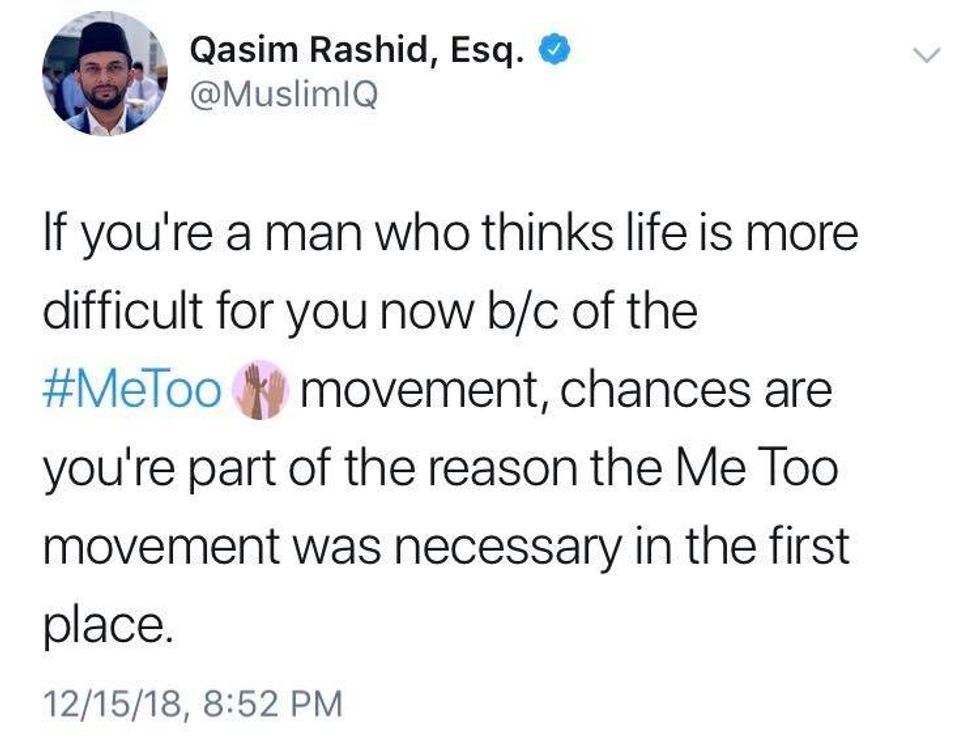
If you're a man, you're part of the group that's victimizing women. IT'S NOT YOU (hopefully)—but it's guys who LOOK just like you. No one looks like a rapist. So we flat-out don't know who is a threat. if you're mad at not being able to talk to women freely, take it up with the guys who give you a bad name.
It sucks—you might be a totally amazing guy who doesn't deserve to have women cringe away from you at bars. But surely your girlfriends, your sisters, and your female friends don't deserve to have to be on guard 24/7 against assault. I get it, it's not fair. ("Who said life is fair? Where is that written?") But no one likes Han Solo's whining, "It's not my fault!" It's only when he rolls up his sleeves and fixes the Millennium Falcon—regardless of WHOSE fault it is—that anything gets done.
Margaret Atwood was on point when she said: "Men are afraid that women will laugh at them. Women are afraid that men will kill them."
The sooner you accept the responsibility of being a part of a gender which has systematically taken advantage of women, the sooner you can make a difference about it.
5. Be a trustworthy person in whom they can confide in general.
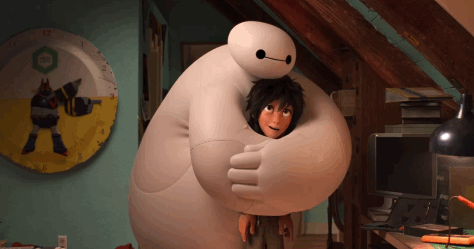
In the 2015 study, survivors who chose to not share with ANYONE said that they were afraid of being slut-shamed, embarrassed, or told what they should have done differently. In short, these women felt fear over their loved one's reaction. If you want to be a person your friend or girlfriend could confide in, examine how you respond when they talk to you about other subjects.
Do you support and accept their feelings even if they seem silly or you don't understand it? Do you refrain from mean-hearted teasing or embarrassing them? If they've made a choice you didn't like and are now struggling with its effects, do you support them, or do you tell them, 'I told you so'?
Really this is just a way to be empathic in all your relationships, which is generally always good. But it's especially critical when handling something as complicated as sexual assault and healing.
6. Be trustworthy for your romantic partner in specific.
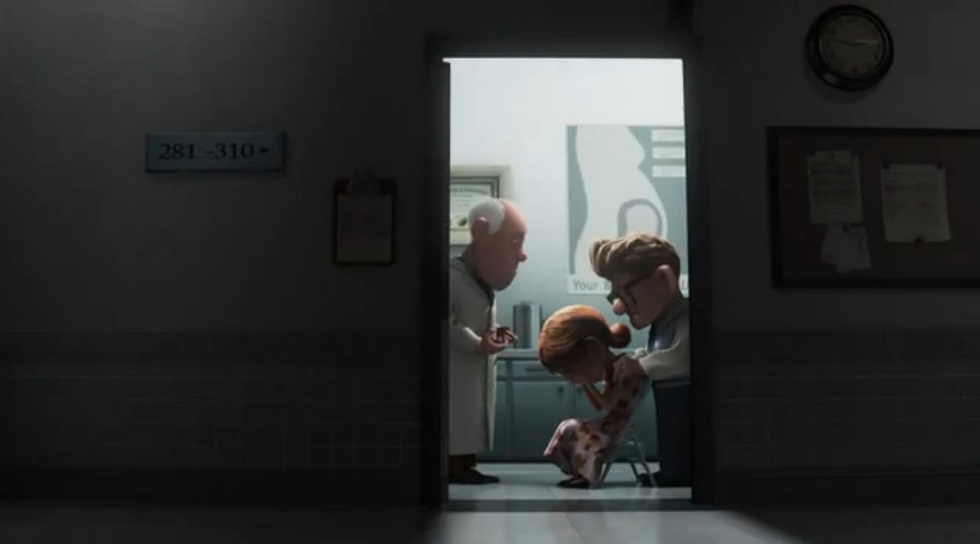
Women in the 2015 study gave three motivations behind their desire to share. The first was to confide in a romantic partner. The women felt that sharing their assault would engender trust or create understanding into why they were behaving in particular ways. Even if you are single or you've never dated a woman who's experienced assault yet, you will possibly (even likely) date someone in the future who has been assaulted.
If you are an empathic partner who supports them, makes them feel like you won't embarrass or blame them, and they choose to open up to you: don't ask questions like, "did you think," or "should you have," or "why," etc. When she first shares, she's vulnerable, and very inclinded to blame herself. Make sure none of your words have the remotest hint of blame.
Agree and support everything she feels and says except when she blames herself: "I should not have gone to that party, I should have screamed or fought, I should never have hung out with him!" This is the only time you disagree with her, gently and constantly: tell her the only reason she was raped or assaulted is because he was a rapist. Assure her continually that you love her, and you understand why she feels this way, but the only reason this happened is because of him.
7. Embrace working through the challenges: Dos and Don’t’s
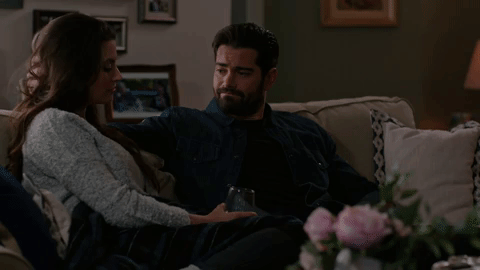
The second reason women choose to share is that they wanted to be supported as they worked through the traumatic event and thought that sharing could bring about that support and help them process. If a woman tells you about her assault, she wants to feel support and understanding from you and experience relief over getting it off her chest.
When she's sharing her feelings, don't argue with how she feels: feelings are feelings. They feel very real right now, but they will come and go. But if you argue with her about it, trying to show her how she doesn't or shouldn't feel those things, the feelings may come and go but the feeling of your lack of support will linger.
Don't try to fix things. There will be a time for trying to help fix it, but the initial moment of sharing is not the time. (If you're in doubt, ask: "Do you want me to listen and support, or to offer thoughts and advice?")
Don't ask her for specific details of the event. She may volunteer, but don't press her for anything she's not ready to share. You can ask if she wants to talk about details to you or someone else, but don't push farther than that.
8. But Sometimes, DON’T try to fix it
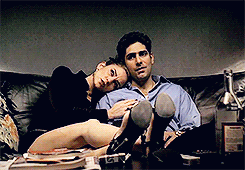
The last reason is that some women felt a burning desire to talk about the assault directly following the event and confided in a loved one almost immediately. If a woman shares with you in this impetuous manner, give yourself a mental pat on the back: it is because you have come across as empathic and supportive.
Handling something that just happened rather than something that happened years ago can be a difficult, tricky thing. Make sure you don't become verbally violent about the rapist or threateningly sound like you'll go after him. This may frighten the survivor, especially if she's worried that the rapist will seek revenge on her. Right now, this is about her, not him—or you.
Support her getting immediate medical care (possibly a medical examination: showering, for example, will remove DNA evidence that would be helpful in a legal case), but fully support that she is the one who gets to make the final call.
9. Your ultimate goal is simply healing.

If a woman opens up to you about her assault and you react in horror, blame, or jokes, it can much take longer for her to heal.
Women in 2015 who experienced this reaction dealt with additional ongoing shame—as though healing from the rape itself wasn't enough. They regretted sharing and resolved not to share again. This makes healing so much more difficult.
If you are there for the women in your life, you will help: participants in the study said that when their partner was supportive, they felt freed to tell more people and get more support. They felt loved and encouraged and were be able to heal and move on.
If you willing to be this person for the women in your life: thank you. You are one of the men making a difference.
"If I can stop one heart
From breaking,
I shall not live in vain;
If I can ease one life the aching,
Or cool one pain,
Or help one fainting robin
Unto his nest again,
I shall not live in vain"
~ Emily Dickinson





















